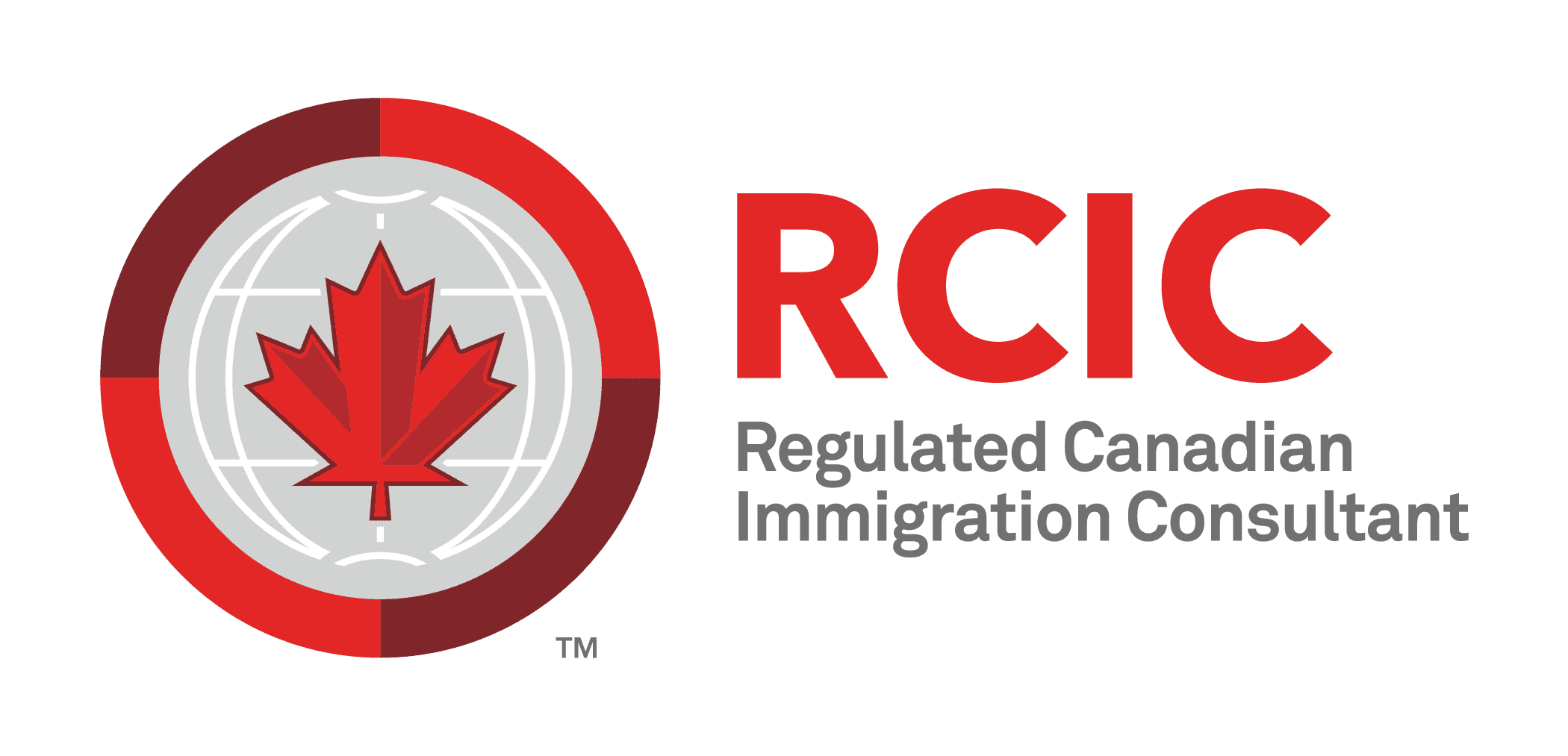Upon arrival at the Canadian port of entry, a Canada Border Service Agency (CBSA) Officer used to stamp your passport/travel document and note the date by which you must depart Canada. However, due to Covid-19, CBSA officers no longer stamp passports but instead input your arrival date, time, and the duration of your entry into an electronic system. They also document any terms and conditions relevant to your visit. If you ever need to extend your status or modify the conditions of your stay, the following options are available:
– Extend your visitor, student, or worker status.
– Change the type of permit you hold (e.g., from a study permit to a work permit).
– Modify a condition of your permit (e.g., changing schools for students or changing jobs for workers).
Extending Visitor Status/Stay/Record:
Typically, visitors are granted a six-month stay in Canada. The CBSA officer used to stamp the travel document/passport and specify the allowed stay duration beneath the stamp. If the officer had concerns about a visitor’s intentions, such as lacking a return ticket or having an expiring travel document, they could grant status for less than six months. It is advisable to apply to extend your visitor status at least 30 days before it expires.
Extending Super Visa Status/Stay/Record:
Applicants with the required insurance document used to have their travel document/passport stamped by a CBSA officer, allowing them to stay in Canada for up to 24 months without needing to renew their status. To continue staying in Canada without leaving the country for an additional two years, an extension of the super visa was required. Parents and grandparents visiting for six months could also apply for a super visa extension if their sponsor met the requirements. It was recommended to apply for an extension at least 30 days before the current status expires.
Extending Study Permit Status/Stay/Record:
When applicants arrived at the Canadian port of entry, a CBSA officer used to examine their travel document/passport and, after verification, would stamp it and issue a study permit specifying the permit’s duration. To extend a study permit in Canada, applicants would submit an extension application, preferably at least 30 days before the status expiry.
Extending Work Permit Status/Stay/Record:
At the Canadian port of entry, a CBSA officer used to examine an applicant’s travel document/passport and, if approved, stamp it and issue a work permit detailing the permit’s duration. To extend a work permit in Canada, applicants were required to submit an extension application, ideally at least 30 days before the current status expired.
Restoration Of Status:
For temporary residents who had lost their status, they could apply for reinstatement or restoration of their status under R182 of IRPR. This regulation applied if they had not been out of status for more than 90 days and had not failed to meet the specified conditions. Restoration of status could not be granted at the port of entry. Individuals who failed to comply with the conditions under R185 had to apply for restoration of their status in Canada. If they left Canada, they would be considered as seeking a new entry upon their return. After submitting an application for restoration of status, individuals were allowed to remain in Canada but were not eligible to work or study until the application was approved.
Multiple Entry Applications:
Services were provided for making applications for multiple entry for visitors, students, and workers.

